Marble countertops are a timeless and elegant choice that has been adorning kitchens for centuries. The natural beauty of marble, with its distinctive veining and luxurious appearance, is a significant draw for homeowners looking to elevate the aesthetic of their kitchen. However, like any other material, marble comes with its set of pros and cons that should be carefully considered before making a decision.
One of the primary advantages of marble countertops is their unmatched aesthetic appeal. The unique patterns and colors of marble can add a touch of sophistication and luxury to any kitchen. Whether you opt for classic white Carrara marble or a more dramatic Calacatta marble with bold veining, marble countertops can become the focal point of your kitchen, creating a timeless and visually stunning environment.
Another notable advantage of marble is its exceptional heat resistance. Marble naturally stays cool, making it an ideal surface for tasks like rolling out dough or handling hot pots and pans directly from the stove. This heat resistance sets marble apart from some other countertop materials and contributes to its popularity among avid home cooks.
Marble is also a relatively soft and porous stone, which can be advantageous in certain situations. Its softer nature makes it easier to work with during fabrication, allowing for intricate edge details and custom designs. Additionally, its porosity allows marble to develop a unique patina over time, adding character and charm to the countertop.
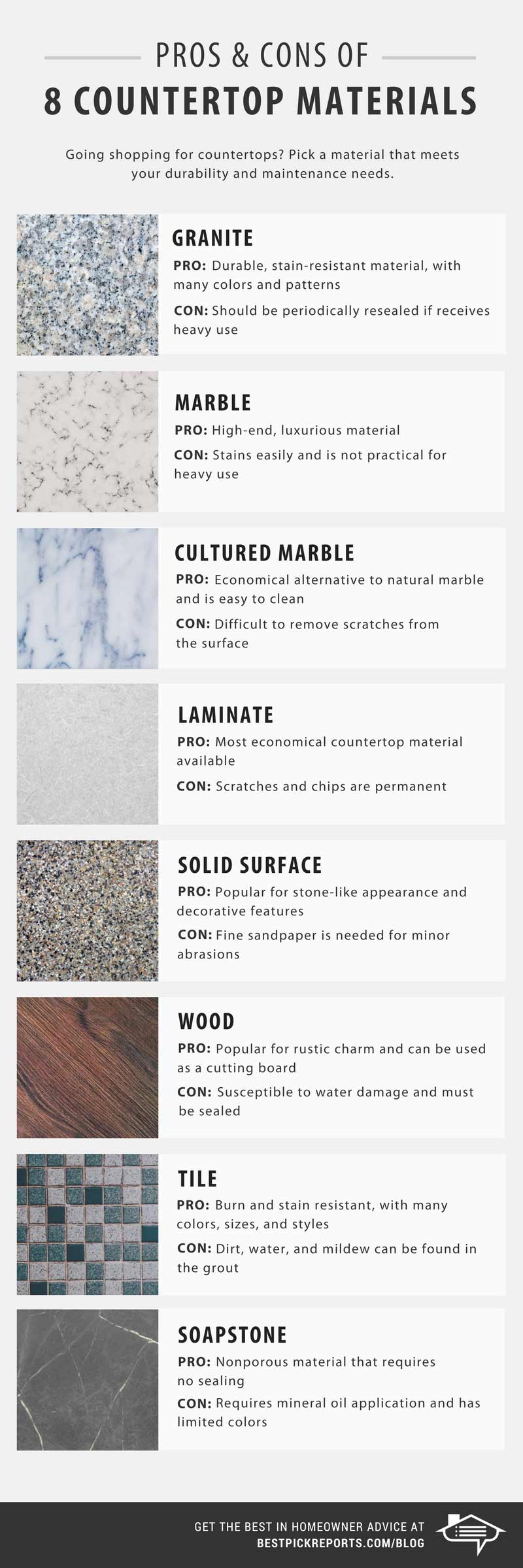
However, the softness and porosity of marble can also be considered a disadvantage, particularly in terms of durability. Marble is more susceptible to scratches, chips, and stains compared to harder stones like granite or quartz. It’s crucial for homeowners to be mindful of this and take preventive measures, such as using cutting boards and promptly cleaning up spills, to maintain the pristine appearance of their marble countertops.
Staining is one of the notable cons associated with marble countertops. Marble is more porous than some other stone options, making it susceptible to absorbing liquids and developing stains. Red wine, acidic substances, and certain oils can leave lasting marks on marble if not cleaned promptly. Regular sealing is recommended to minimize the risk of staining and to protect the surface.
While some homeowners appreciate the natural patina that develops on marble over time, others may find it a drawback. The development of etch marks, which are small scratches or dull spots caused by acids reacting with the calcium carbonate in marble, is a common occurrence. This natural aging process may not align with everyone’s preference for a consistently polished and pristine countertop.
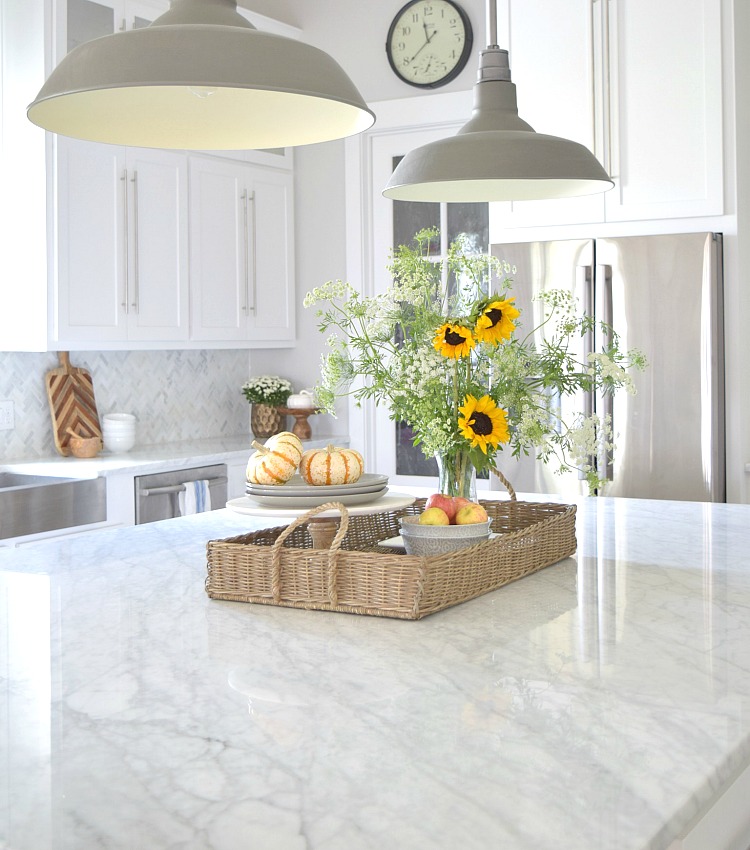
Maintenance is a key consideration for those contemplating marble countertops. Regular sealing is essential to protect the porous surface and prevent stains. Homeowners should be prepared for a more involved maintenance routine compared to less porous countertop materials. However, many consider the effort worthwhile for the timeless beauty that marble brings to the kitchen.
In terms of cost, marble countertops are often considered a premium option. The price can vary depending on factors such as the type of marble, thickness, and the complexity of the installation. Homeowners should be prepared for a higher upfront cost compared to some other countertop materials, but many find the investment justifiable for the aesthetic and value it adds to their home.
It’s important to note that the availability of different marble varieties contributes to its broad appeal. From the classic white and gray tones of Carrara and Calacatta marbles to the more exotic options like Nero Marquina with its deep black color, there is a wide range of choices to suit various design preferences and styles.
The environmental impact of marble countertops is a consideration for environmentally conscious homeowners. While marble is a natural stone, the extraction and transportation processes can have associated environmental costs. Some suppliers offer responsibly sourced marble, and homeowners can inquire about the ecological practices of their chosen supplier to make a more informed decision.
Marble countertops also have a timeless quality that transcends design trends. While some materials may fall in and out of fashion, marble has maintained its popularity throughout history. Its versatility allows it to seamlessly integrate into both classic and contemporary kitchen designs, making it a versatile and enduring choice for homeowners with diverse aesthetic preferences.
When it comes to resale value, marble countertops can be an attractive feature for potential buyers. The association of marble with luxury and timeless elegance can positively influence the perceived value of a home. However, it’s essential to keep in mind that individual preferences vary, and some buyers may prioritize low-maintenance options over the aesthetic appeal of marble.

Marble countertops bring a timeless and luxurious aesthetic to kitchens, making them a popular choice for homeowners seeking a sophisticated look. The unique patterns, heat resistance, and softness of marble contribute to its charm, but the susceptibility to staining and the need for regular maintenance are important considerations. The decision to opt for marble countertops should be based on a balance of aesthetic preferences, lifestyle, and awareness of the maintenance requirements associated with this classic and enduring material.
Marble Countertops vs. Granite Countertops: Pros and Cons

The Pros and Cons of Marble Countertops – Brazilian Exotic Granite
![]()
Marble Kitchen Countertops (Pros and Cons) – Designing Idea
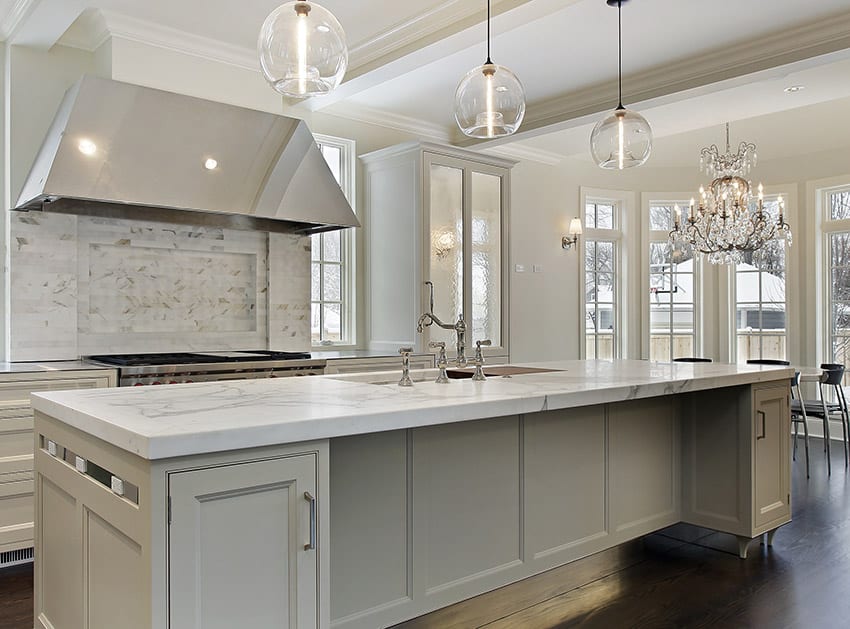
Pros and Cons of Marble Countertops – Granite Liquidators
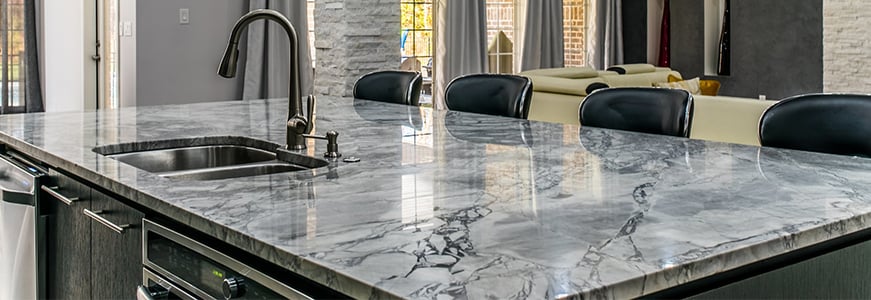
The Real Story On {or Pros u0026 Cons of} Marble Countertops

Granite vs. Marble: Pros and Cons HGTV
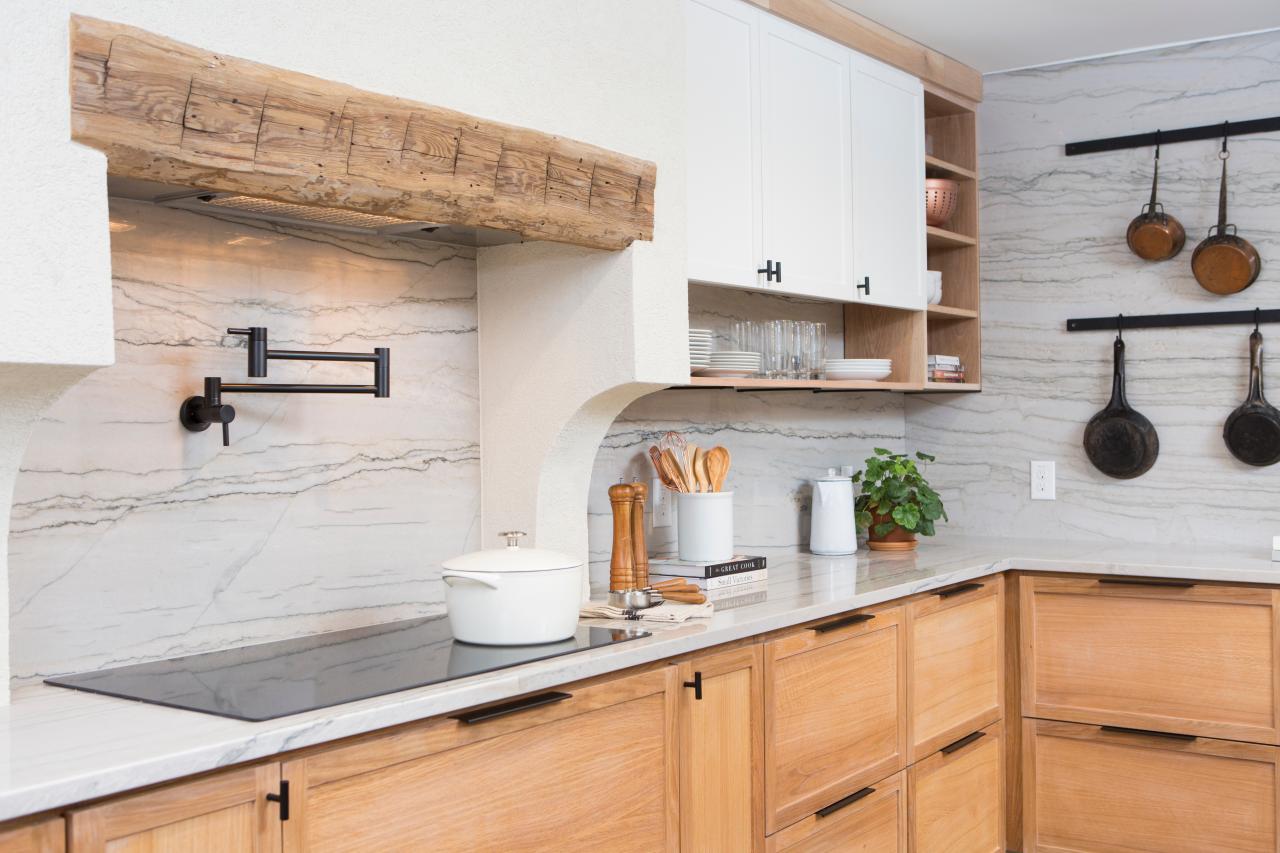
Related articles:
- DIY Refinishing Cultured Marble Countertops
- Marble Countertops In Bathrooms
- Cultured Marble Countertops
- Gray Kitchen Cabinets Marble Countertops
- Modern Kitchen Marble Countertops
- Refinish Cultured Marble Countertop
- Carrara Marble Countertops Bathroom
- Marble Countertops Types
- How To Refinish Marble Countertops
- White Gray Marble Countertops